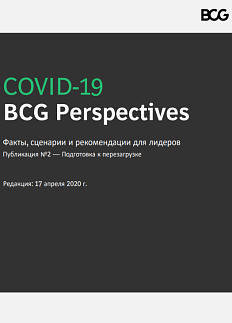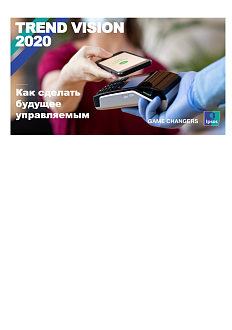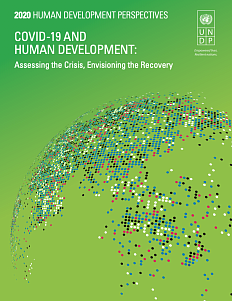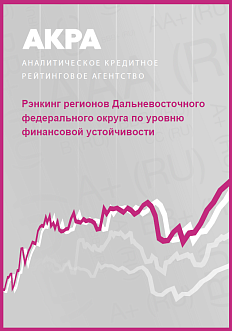Self-isolation has changed human behavior, and even those areas of life that considered it unacceptable, went online. The report demonstrates how the pandemic has changed the customers, their attitude, lifestyle, attitude to money and home; and how it can be used in advertising, social networks or website texts. The authors also describe new marketing communications channels, such as 3D tours, broadcasting from construction sites, Zoom consulting, online processing of transactions without visiting the office.
The Roscongress Foundation presents the salient points of the publication accompanied by fragments of broadcasts of relevant panel discussions from the business programme of international events held by the Roscongress Foundation.
First and foremost, the customers await the brand’s adaptation to their new needs, however, overutilization of coronavirus topic is viewed by the public in a grave light (especially, people over 45).
61% of Russians think that the ads shall show how the brands may be useful in a new everyday life. Besides, the ads shall offer positive view and communicate the brand values.
Nowadays, it is evermore crucial to build trusting relationships with the customers: convey their reliability and help to avoid fear. During purchase of an apartment off-plan, people shall be certain that their money won’t be lost and construction will be complete; and during purchase of an apartment at the resale market — that the house is reputable, the set of documents is complete and properly issued, and high-quality materials were used in construction.
During self-isolation, home has become a place where people spend all their time, while previously it was a place to eat and sleep. First of all, it is associated with transfer to work from home or forced leave for the pandemic duration. Therefore, an opportunity to create a personal space for comfortable work and rest becomes a significant attribute of dwelling.
During self-isolation 16% of Russians worked from home (29% in Moscow and Saint Petersburg), and 54% were not working at all. 61% of people who worked from home, perceive such experience in a negative way.
During the pandemic, basic aspects of comfortable living were extended. The customers emphasize the need to breathe the fresh air (large balconies, stanza, personal rooftop) and pay more attention to such aspects as infrastructure design of outdoor space that provides for having a walk at any time of the day without any risk to be infected (closed outdoor space, playground or sports ground within the building territory that cannot be closed).
Restrictions to contain coronavirus outbreak have highlighted weakness of neighborhoods and horizontal relations in the multi-dwelling units.
Before self-isolation it was not so mainstream, but after introduction of quarantine single pensioners who were forbidden to go outside, parents of small children who cannot leave the house because their children cannot go outside and left unattended, and people living alone and lost capability to care for themselves for whatever reason (injury, illness), were left without any help. Next to that, only 11% of Russians reported that they can chat with the house or the section dwellers and ask for their help, and only 7% reported that their neighbors will immediately know that somebody needs any help.
The authors note that horizontal relations in the houses will become stronger, therefore, it needs to be promoted and used in advertising and communication with the customers.
For more information about construction as a sector with a sizeable share in many economies, rising level of digitalization, and shifts in consumer sentiment in real estate, please see the Building and construction, Housing and Utilities and StayHomeEconomy.






